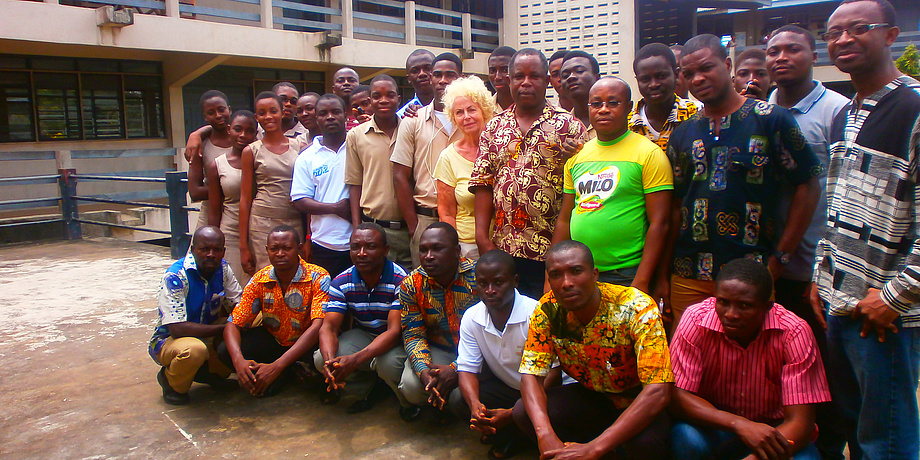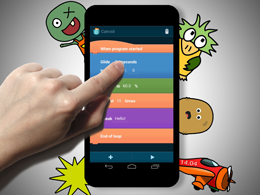Wir wurden eingeladen für ein Sonderheft rund um das Thema „CODING als Baustein der digitalen Bildung“ einen Beitrag einzureichen und haben hier unsere Arbeiten rund um den Einsatz von PocketCode an Schulen beschrieben. Den Kurs den wir beschreiben findet man übrigens hier.
Abstract:
Pocket Code ist eine im Zuge des Non-Profit-Projektes „Catrobat“ an der Technischen Universität Graz entwickelte mobile App, mit der Programme am Smartphone oder Tablet erstellt werden können (vgl. Slany, 2014). Catrobat bezeichnet auch die gleichnamige blockbasierte Programmiersprache, welche nach dem Vorbild von Scratch entwickelt wurde. Pocket Code erlaubt es den Schülerinnen und Schülern im Gegensatz zu Scratch, jederzeit und jederorts ihre eigenen Smartphones zum Programmieren zu verwenden
[Link zum Beitrag @ ResearchGate]
[Link zum gesamten Sonderheft]
Referenz: Grandl, M., Höllerbauer, B., Ebner, M., Slany, W. (2017) Ein offenes Unterrichtskonzept für den Einstieg in die Programmierung mit Hilfe von „Pocket Code“. Coding als Baustein der digitalen Grundbildung. Schule Aktiv (Sonderheft des BMB). S. 32-37


